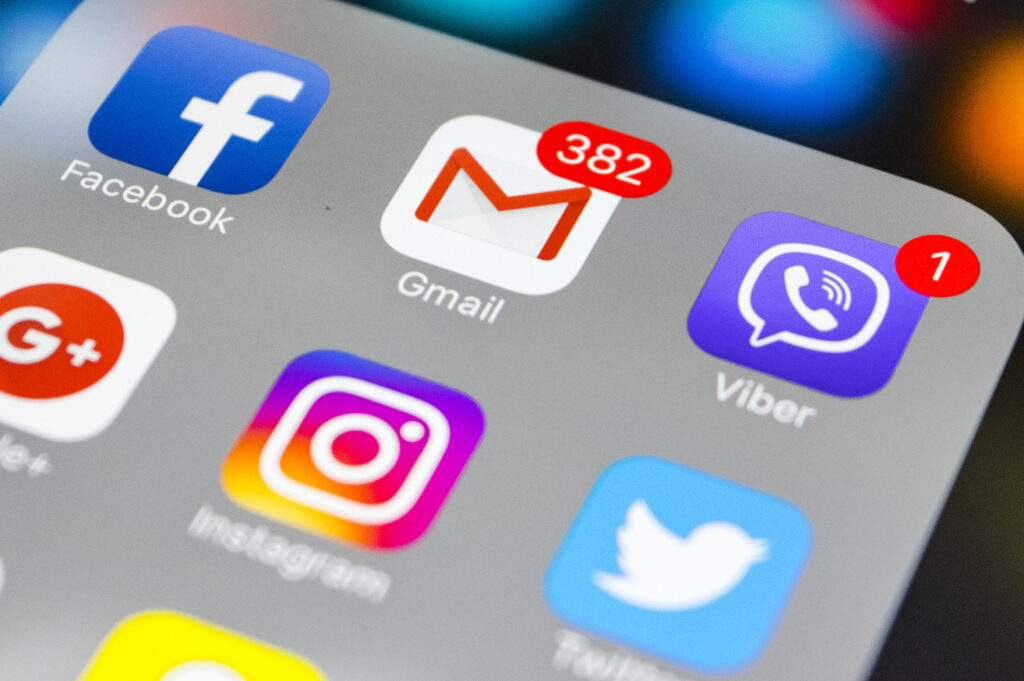One of my personal pet peeves is people who don’t reply to emails, voicemails, or text messages in a timely fashion – especially when I KNOW they received the communication.
Case in point – I sent an email 2 weeks ago to a group of people for whom I had ordered t-shirts for an event. The email was simply to remind them to pick up their shirts. They’d already been sitting in the office for about a week, and I was worried they might “walk off.” Three of the people still owed me money for the shirts, one had already paid for the shirt. Guess who I heard back from? Yep, you’re right, it was the one who had already paid for her shirt.
For those of you who are nice people, you might be thinking, “Well, maybe they didn’t get your email,” or “Maybe they don’t check their email that often.” I suppose that’s possible. However, in a professional environment, there shouldn’t be anyone who doesn’t check their email in a two-week time frame unless they’re in the hospital in a coma, or on an extended vacation. Even if you’re on vacation, you should have some type of autoresponder directing those who contact you to someone else who can help them. I’m sure your coworker doesn’t want to pay for your t-shirt, but at least getting such an autoresponse would explain to me why you haven’t paid me yet!
The problem with NOT replying to a text message, email, or voicemail, is that your LACK of a reply actually IS a reply and it’s probably not the message you want to send.
In the black hole created by a non-response, people will always fill the void with their interpretation of your lack of response – and rarely does that interpretation give you benefit of the doubt. In this instance, my interpretations are as follows:
- You changed your mind about the shirt and don’t have the guts to tell me you don’t want it and don’t plan to pay me.
- You’re too lazy to come by and get your shirt.
- You’re inconsiderate and don’t care that I still have to pay the guy who made the shirt.
- You can’t be trusted and I will never pre-pay for anything for you ever again.
The same types of negative interpretations are probably being pasted on your forehead when you don’t respond to communication. Possibly worse. Therefore, set a goal of sending SOME type of response to all your communication in a timely fashion. Ideally, you should respond at least confirming receipt on the same day you received the communication. If you need more time to respond, just send a note back stating so and let the person know about when they should expect to hear from you. When you do, the label on your forehead will read, “Reliable, trustworthy, and responsive.”







